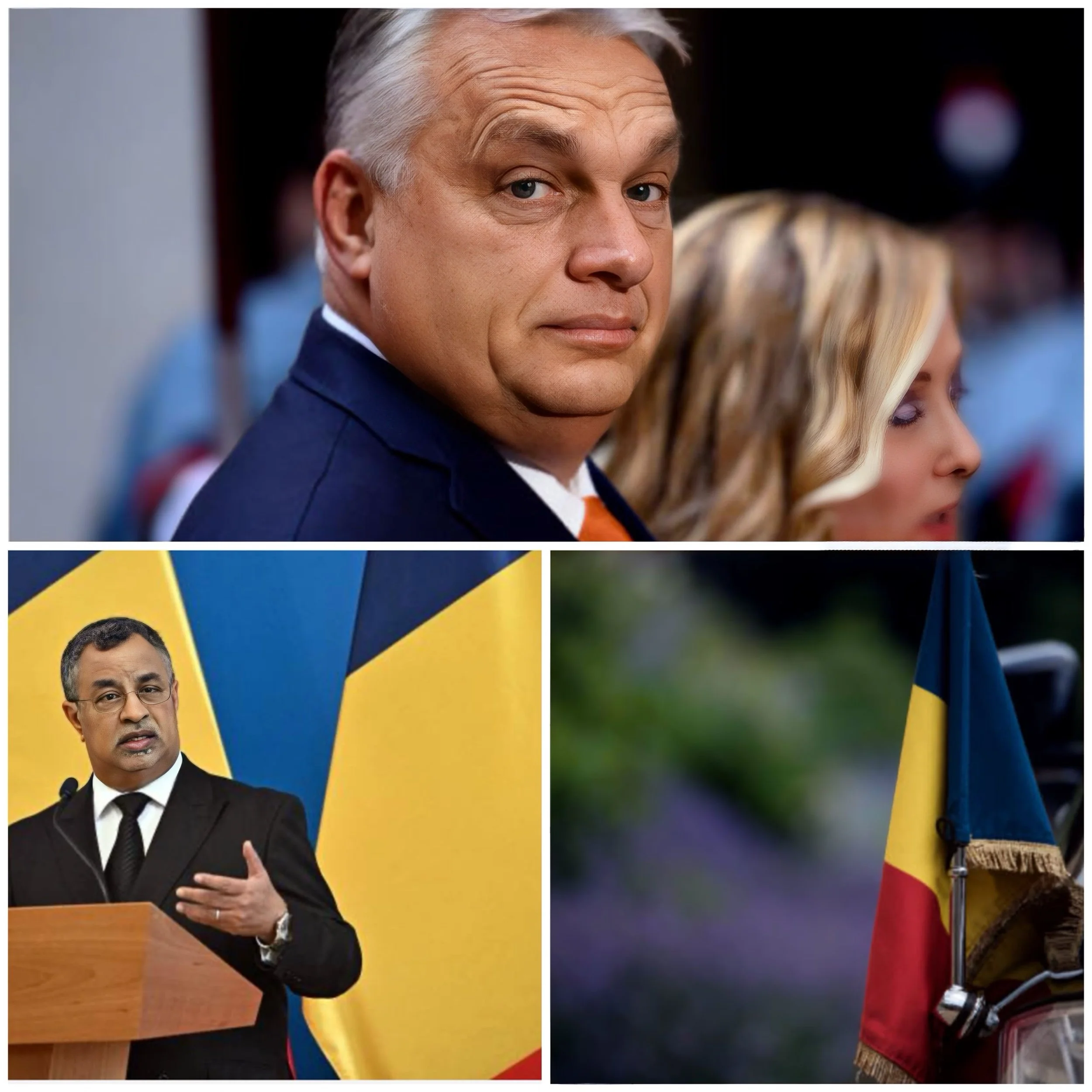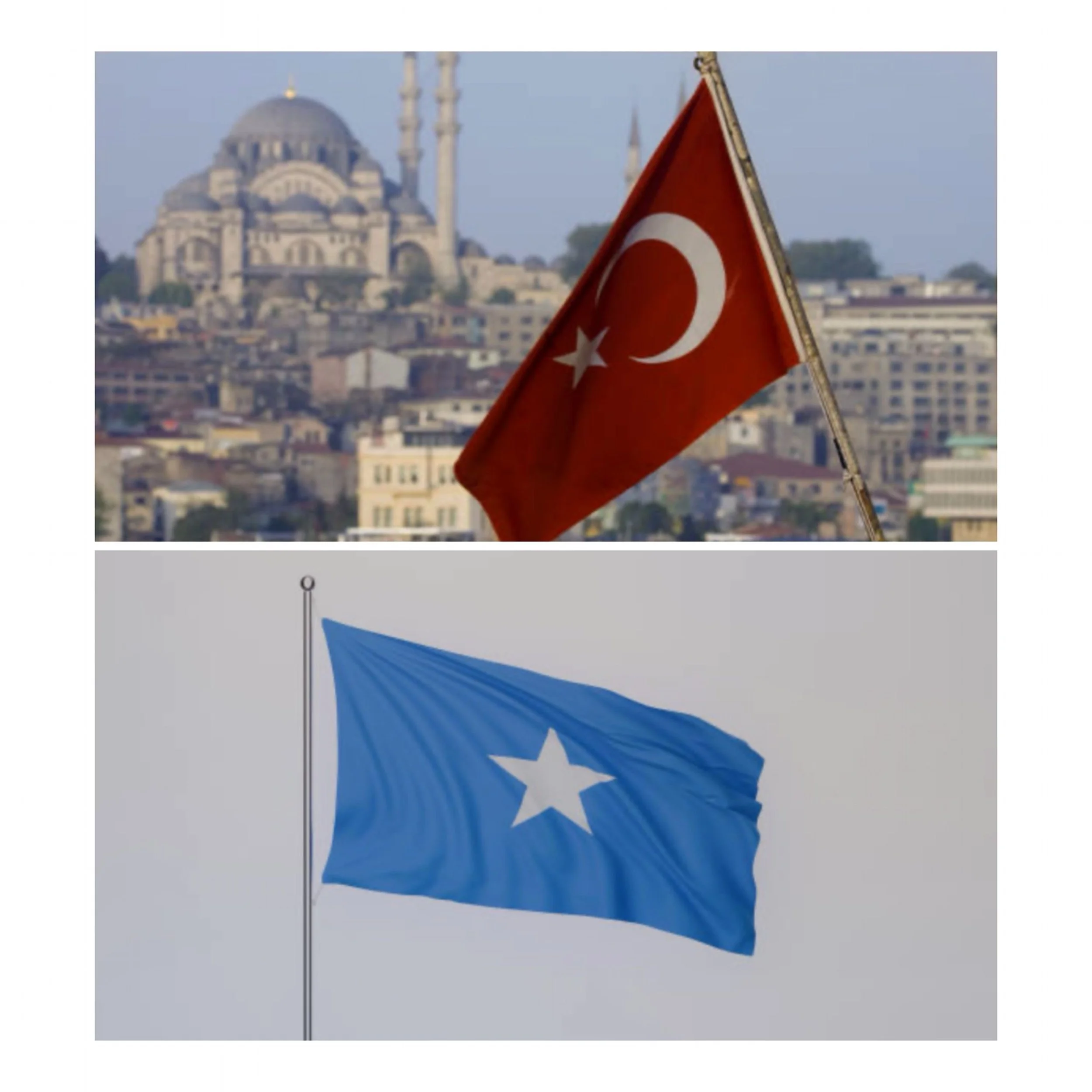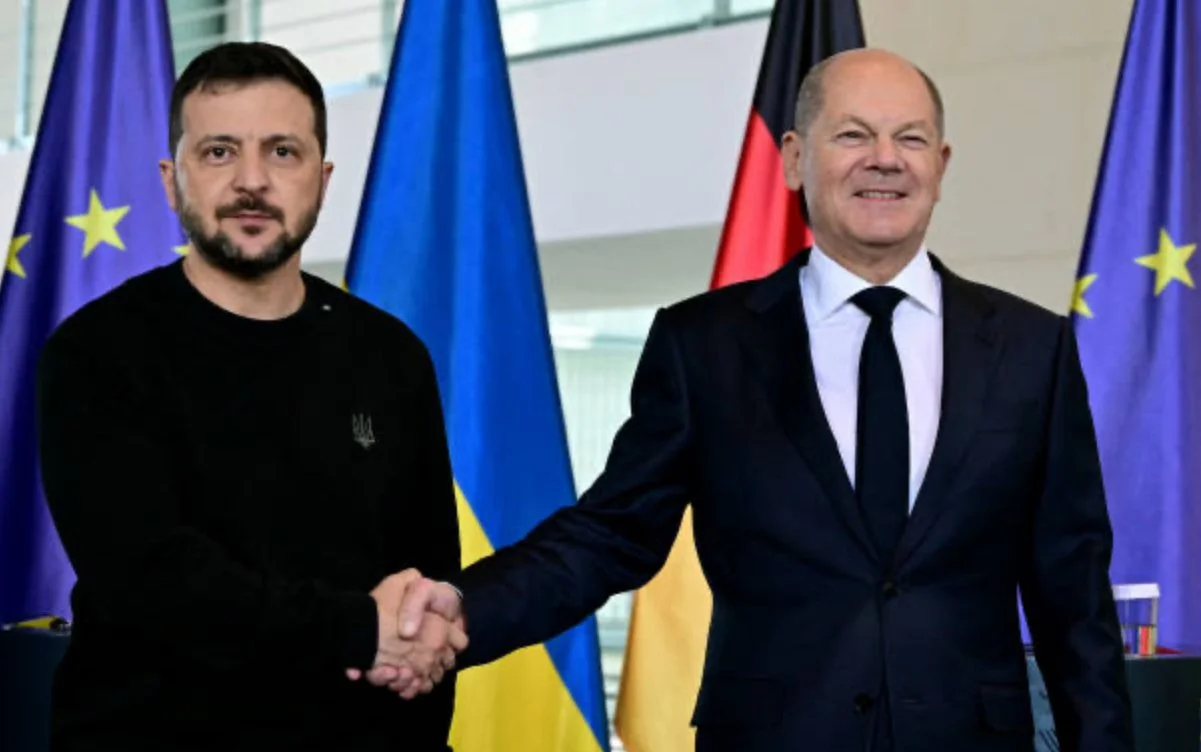Hungarian Prime Minister Viktor Orban security-for-sale - New foreign policy?
Introduction
Viktor Orbán’s recent foreign policy actions suggest a shift towards a “security-for-sale” approach that challenges the EU’s Common Foreign and Security Policy (CFSP):
Divergence from EU and NATO Allies
Orbán has increasingly distanced Hungary from mainstream EU and NATO policies, particularly regarding Russia and China.
He has advocated for Europe to “emancipate itself from US influence” and pursue an agreement with Moscow.
Hungary has blocked several EU decisions condemning China’s actions between 2016-2022.
Closer Ties with Russia and China
In February 2024, Hungary became the first EU and NATO country to sign a “public security” cooperation agreement with China.
Orbán made a controversial visit to Moscow to meet with Putin, despite EU sanctions and suspended cooperation with Russian authorities.
Hungary has refused to halt cooperation with Huawei on 5G development, despite US warnings about security risks.
Economic Motivations
Orbán’s “Opening to the East” strategy aims to reduce Hungary’s economic dependence on the West.
Hungary has positioned itself as China’s “European bridgehead,” attracting Chinese investments in politically sensitive sectors.
The government views closer ties with China as an opportunity to mitigate negative effects of EU-China tensions.
Implications for EU and NATO
Orbán’s actions have exposed Hungary to criticism and weakened its position within the EU and NATO.
His “security-for-sale” approach challenges EU unity on foreign policy and defense matters.
Hungary’s advocacy for China within the EU complicates efforts to develop a cohesive European stance towards Beijing.
Security for sale deal in Africa
Hungary’s recent security-for-sale deals in Africa, particularly in Chad, represent a significant shift in its foreign policy approach:
Deployment to Chad
Hungary plans to send approximately 200 troops to Chad in 2024-25
The mission aims to train local forces against militant groups and stem migration to Europe.
An agreement on defense cooperation and the status of Hungarian soldiers in Chad has been signed.
Motivations and Interests
Orbán claims the deployment will help combat illegal migration and terrorism.
Experts suggest Hungary may be seeking access to Chad’s abundant critical minerals.
The move aligns with Orbán’s “Opening to the East and South” foreign policy strategy.
Regional Context
Hungary’s actions come as Western countries are withdrawing from the Sahel region.
The deployment mimics Russia’s growing influence in West Africa.
Chad’s strategic location makes it crucial for regional stability and migration control.
Economic Aspects
Hungary has opened a humanitarian aid center and diplomatic mission in N’Djamena.
Agreements on agriculture and education have been signed with Chad.
The country is exploring economic opportunities in the Sahel, including potential energy deals.
Implications
The deployment marks Hungary’s first independent military mission in Africa.
It strengthens Hungary’s position within the EU regarding migration policies.
The move has raised concerns about potential private interests and covert deals with Russia.
This security-for-sale approach reflects Orbán’s efforts to increase Hungary’s global influence, diversify partnerships, and potentially gain access to valuable resources in Africa.
Conclusion
This new foreign policy direction reflects Orbán’s belief in the decline of Western dominance and his desire to position Hungary as a middle power balancing between East and West. However, it risks further isolating Hungary within Western alliances and increasing its dependence on authoritarian regimes.






